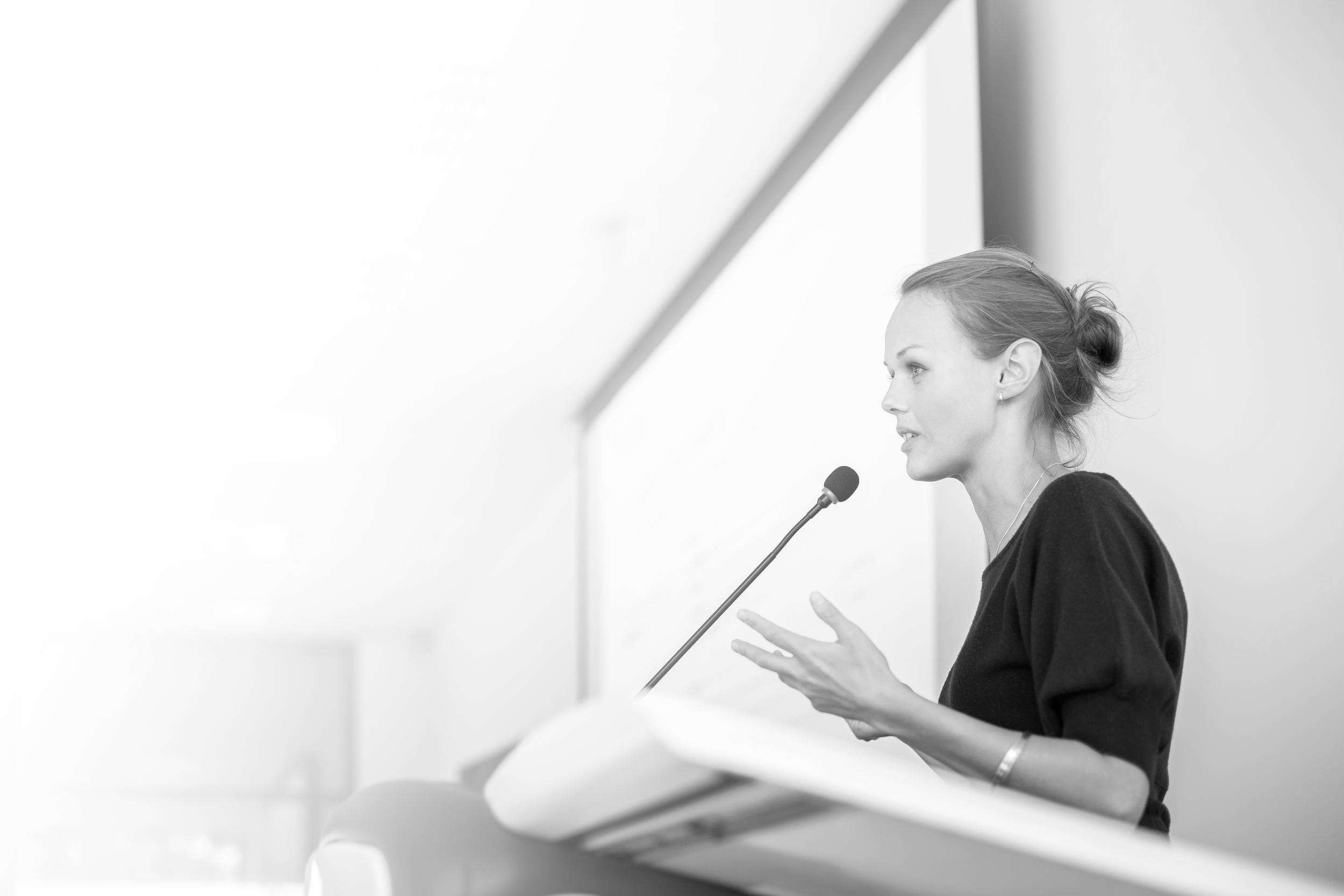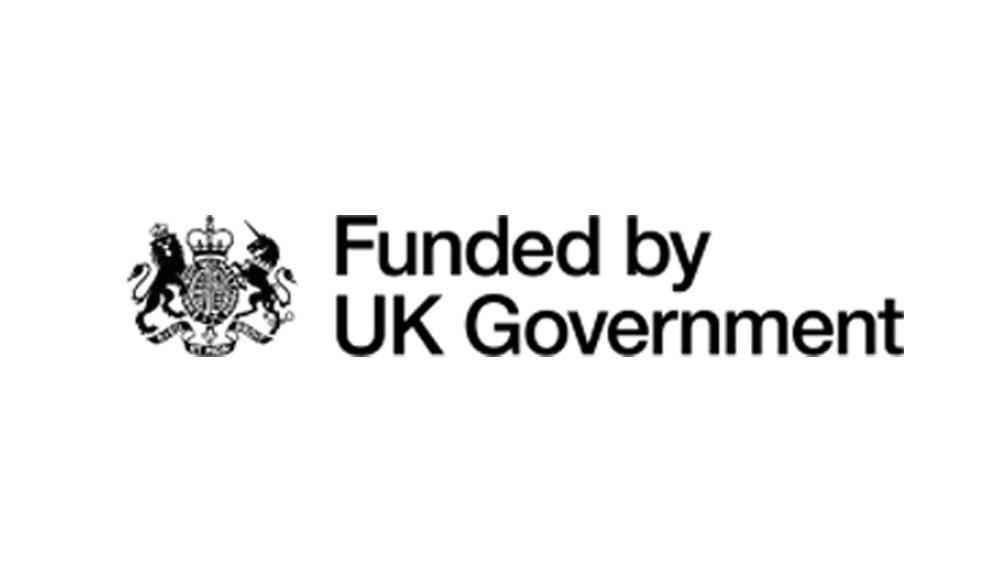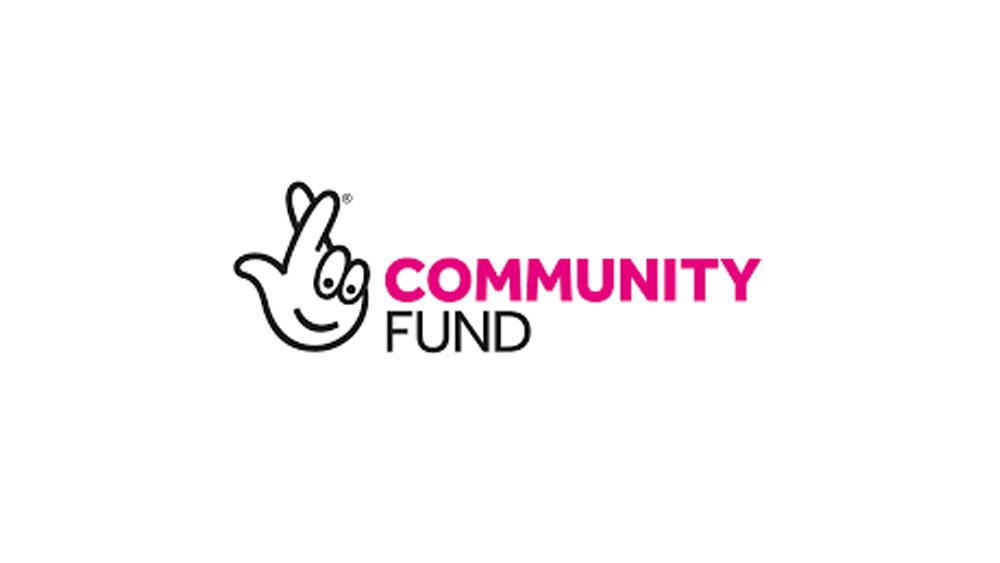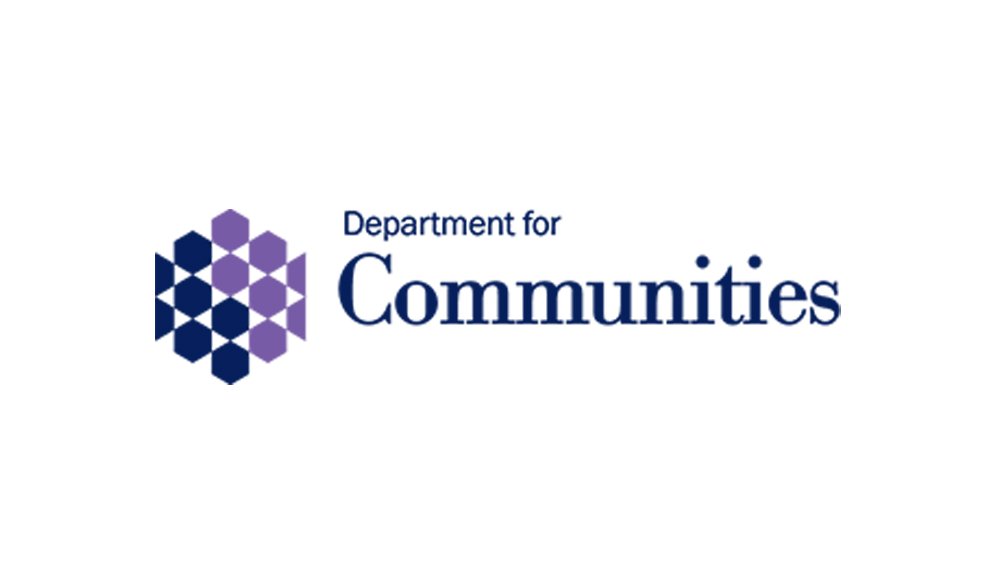
A visible force for change.
WRDA works regionally to advance women’s equality & participation in society.
Latest News
Bold Women Blogging
Projects
Find out more about the projects we are involved in, working to raising the profile of women’s issues in the media.
Training
Our courses cover a wide range of areas with the overall aim to empower women and increase their knowledge and skills.
Resources
We act as an information hub for the women’s sector, providing resources on funding, research and events.
Join us!
Our Funders
Through the generous support of funders we have been able to make a real difference for women in the community. We are very grateful to those who have supported us.
If you are interested in making a grant or fundraising for us, contact our Communications and Membership Worker on 028 90 230 212.






























